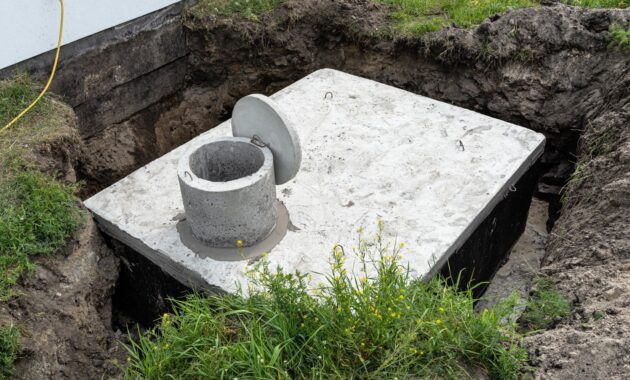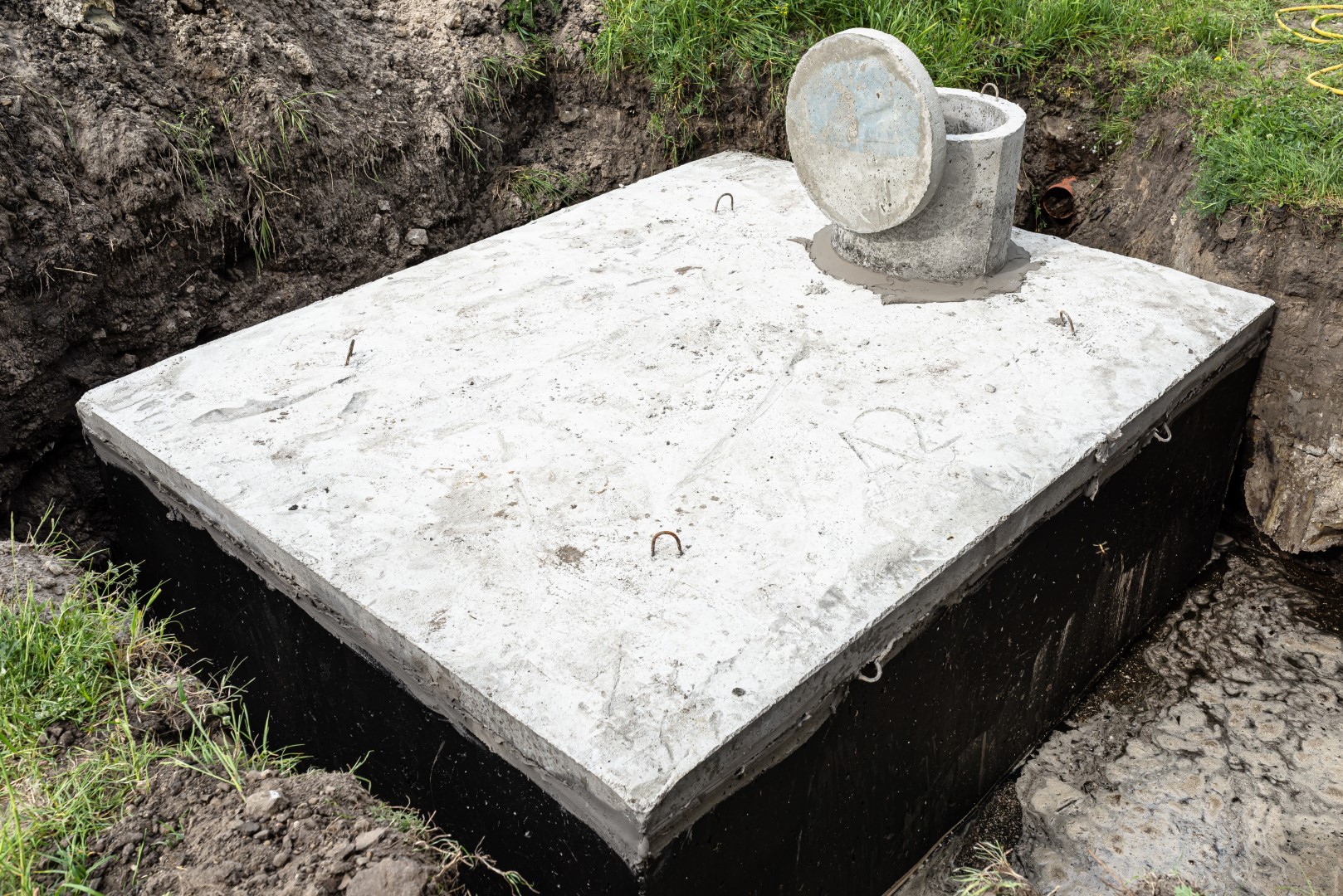Septic systems play a critical role in managing household waste in areas where there is no access to a centralized sewage system. These systems, if properly maintained, efficiently treat and dispose of wastewater from homes. However, septic systems require regular maintenance to ensure their optimal functioning and longevity.
This article will discuss the numerous benefits of regular septic system maintenance, including cost savings, environmental protection, and the preservation of public health.
Increased Longevity of the System
Septic systems have a limited lifespan, typically ranging from 20 to 40 years, depending on usage and maintenance. However, regular maintenance can significantly prolong the life of a septic system. By timely pumping the septic tank, the accumulation of solids can be minimized, reducing the strain on the system’s components. This will prevent premature deterioration or failure of the septic system, extending its overall lifespan. Thus, investing in regular maintenance not only keeps the system functioning optimally but also avoids the need for costly and disruptive system replacements.
Cost Savings
Regular septic system maintenance can provide homeowners with significant cost savings in the long run. By investing in routine inspections and pumping services, potential issues can be detected early on, preventing costly repairs or complete system failures down the line. For instance, regular pumping helps prevent solids from building up in the septic tank, reducing the likelihood of clogs and backups in household plumbing. Repairing these issues often requires calling a licensed and insured septic tank contractor, which can be quite expensive. Therefore, a small investment in regular maintenance can save homeowners from the burden of unexpected and costly repairs.
Environmental Protection
Proper septic system maintenance also contributes to the protection of the environment. When septic systems malfunction, untreated wastewater can flow into nearby water bodies, contaminating groundwater and causing harm to aquatic ecosystems. Regular pumping and inspections help prevent such failures by removing accumulated solids and identifying potential risks. Additionally, well-maintained septic systems ensure that wastewater is properly treated before being discharged into the ground. This treatment process removes harmful pathogens and reduces the pollution load on the surrounding environment, safeguarding both surface and groundwater quality.
Preservation of Public Health
The regular maintenance of septic systems is vital for preserving public health. Malfunctioning septic systems can lead to the release of untreated sewage into the environment, which poses a significant health risk to both humans and animals. Raw sewage contains harmful bacteria, viruses, and parasites that can cause illnesses and infections. By regularly inspecting and pumping septic tanks, potential issues can be addressed promptly, minimizing the risk of contamination. Moreover, proper septic system maintenance ensures that wastewater is effectively treated, preventing the spread of diseases and protecting the health of the community.

Regular septic system maintenance offers numerous benefits, including cost savings, environmental protection, the preservation of public health, and increased system longevity. By investing in routine inspections and pumping, homeowners can experience the benefits discussed on this page. Therefore, it is essential for homeowners to prioritize the regular maintenance of their septic systems to enjoy these benefits and ensure the smooth functioning of their household waste management.
Discover more from Futurist Architecture
Subscribe to get the latest posts sent to your email.



